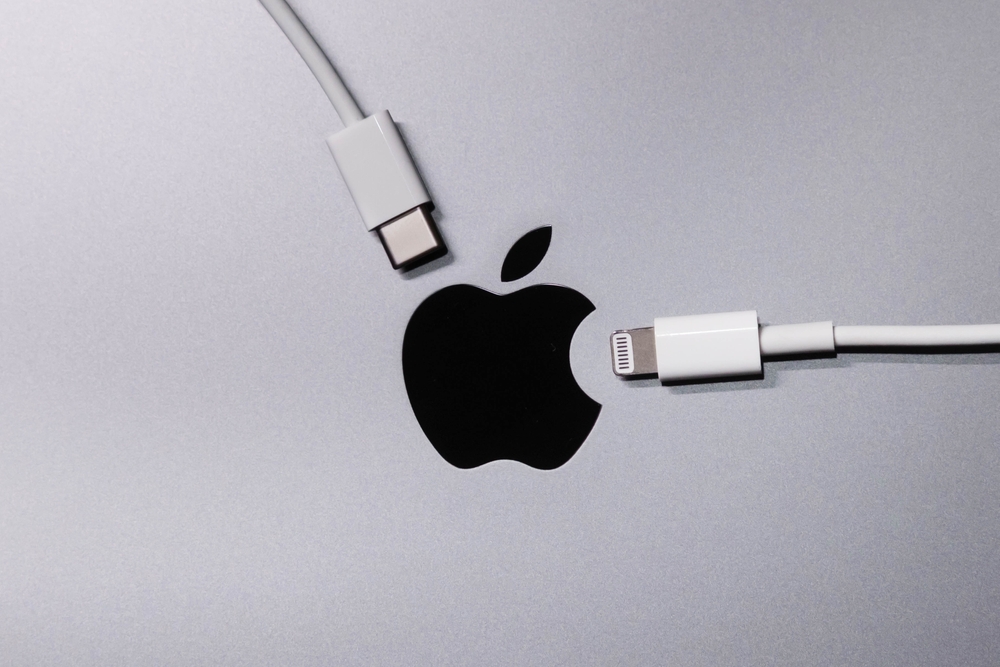Apple recently unveiled the beta version of iOS 17.4, aiming to align with the latest European legislation. A significant modification requires Apple to permit third-party app stores on the iPhone. However, this update introduces changes affecting browsers, notably impacting users in Europe, who’ve observed the inability to install web apps on their iPhones.

Web App Functionality Reversed in Europe
From the outset, Apple empowered users to add websites to their iPhone home screens, utilizing them as web apps. Over the years, Apple integrated various features to enhance web applications, such as notifications and notification icons on icons in iOS 16.4.
However, these advancements seem to be nullified for European users in the iOS 17.4 beta. Notably, web apps are no longer supported, leaving users to speculate initially about a potential bug. In the second beta version, a notification clarified that web applications would now open in a standard browser, eliminating the previous functionality.
Consequences and Apple’s Silence
The repercussions for users are substantial. Data stored in web applications is automatically erased post-update installation. Furthermore, users report a lack of notifications from websites, adding to the shift in user experience.
Apple has yet to provide an official statement on these alterations, but it’s plausible they align with the new European law, adds NIX Solutions. This law mandates Apple to enable developers to create web browsers with their own engines. iOS 17.4 adheres to this by permitting developers to release web browsers with alternative engines in Europe.
However, as a consequence, Apple has chosen to eliminate web apps entirely for European users, as they also operate on Safari and WebKit.
The future remains uncertain, and it’s unclear if Apple will devise an alternative solution or if European users must adapt to these changes. iOS 17.4 is scheduled for public release in the first week of March.
